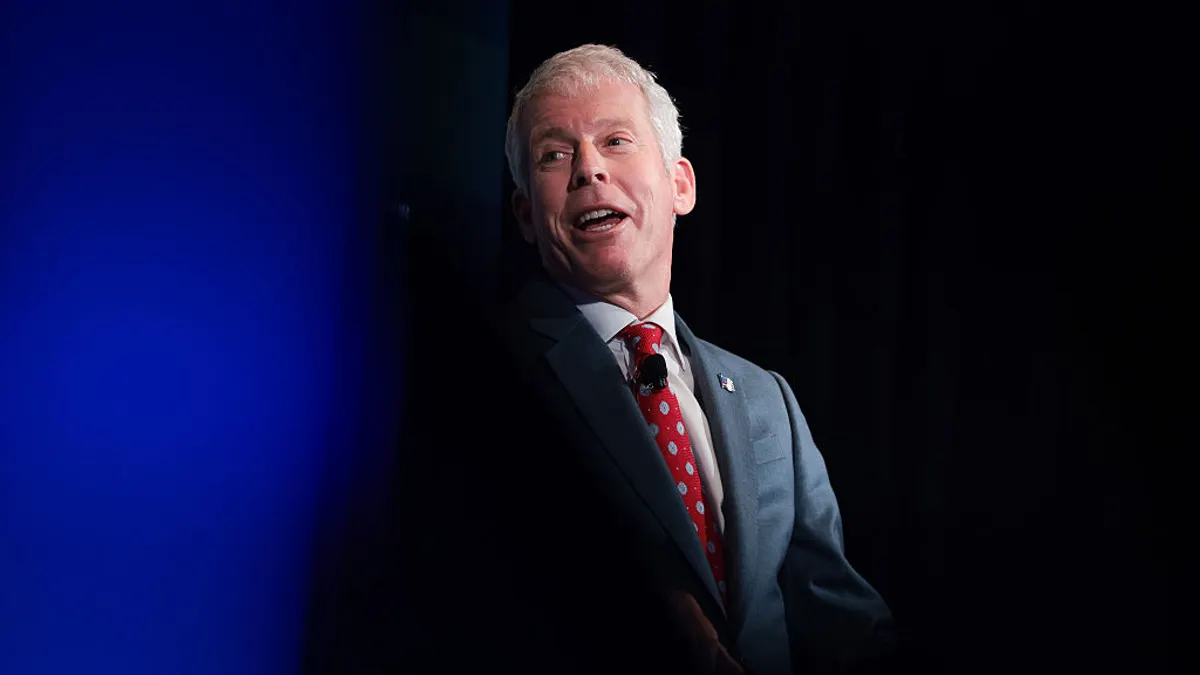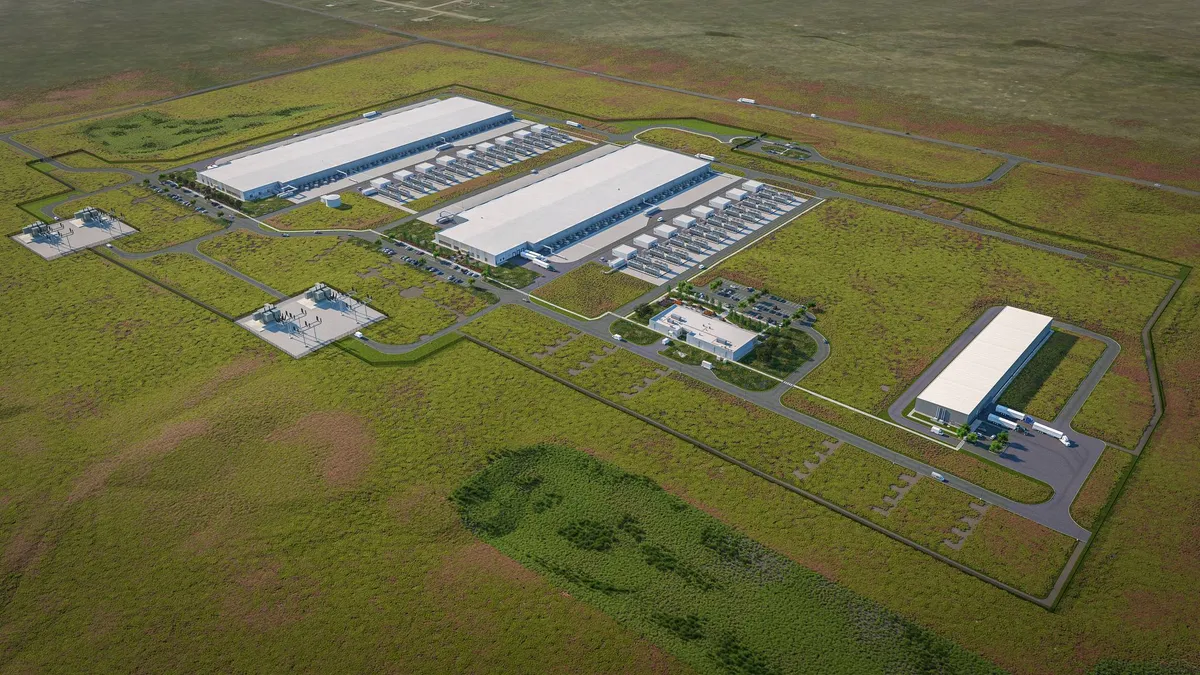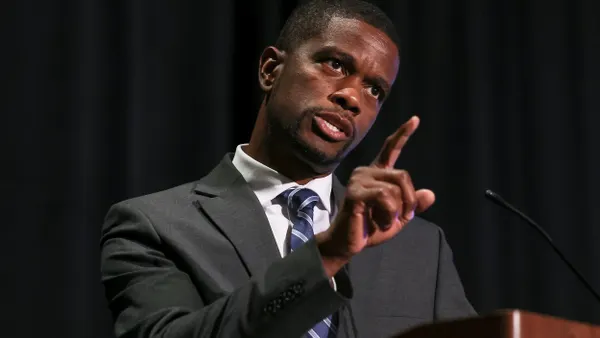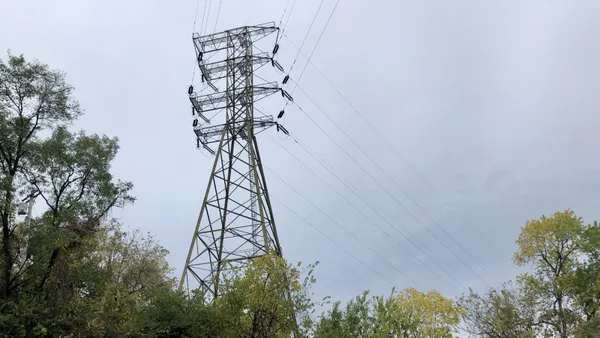Dive Brief:
- In an interview with Greenwire, Jim Rogers, former CEO of Duke Energy, said North Carolina is moving further away from a progressive energy policy as the state legislature becomes ever-more Republican and consensus on climate change cannot be reached.
- "Legislation that fundamentally changes how utilities are regulated requires building a consensus among Republicans and Democrats and all the various stakeholders engaged with utilities," Rogers, a noted Democrat and Obama supporter, said. "It requires being open to the possibility that climate change is a reality, and I don't think the Republicans in North Carolina believe it's a reality, a possibility even."
- To transform the utility business model, regulators must be "ready to change and believe we need to change," Rogers said, adding he doesn't see that happening in his home state. "North Carolina will be a follower, not a leader."
Dive Insight:
Whether Duke Energy is reflective of North Carolina politics' increasing shift to the right is up for debate.
Duke has invested $3 billion in its unregulated renewables business since 2007, though it does still get the majority of its generation from fossil-fired assets. (Duke's generation mix today is 41% coal, 33% nuclear, 24% natural gas, and 2% hydro and solar.)
At the same time, Duke today is concerned that current net metering rules in North Carolina, which allow solar customers to sell back energy to the grid at retail price, are flawed and will cause problems down the road. Rogers believes utilities should not fight the emergence of distributed generation, but find a way to capitalize on it.
"When you see technologies evolving that challenge your business model, you need to embrace them. You don't want the utility industry to have a Kodak moment," Rogers said. "You know, Kodak developed digital, but they couldn't move away from their traditional way because it was their core business. The utility industry should embrace distributed generation, they actually should invest in distributed generation and be a competitor with everyone else."
"I think in the long term, they understand distributed generation will play a role," he said. "I think Duke understands that their role is going to change but the regulatory and business model have to change."













